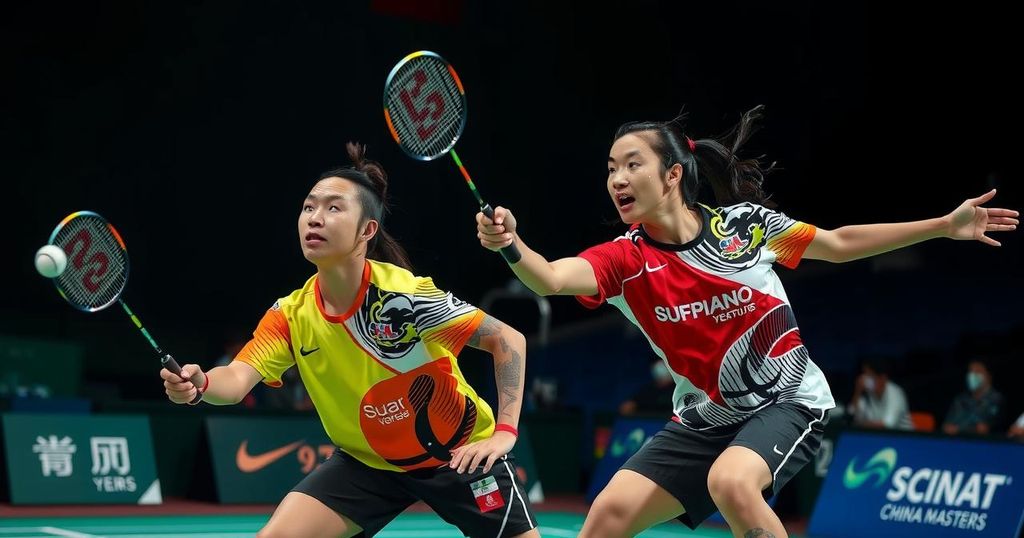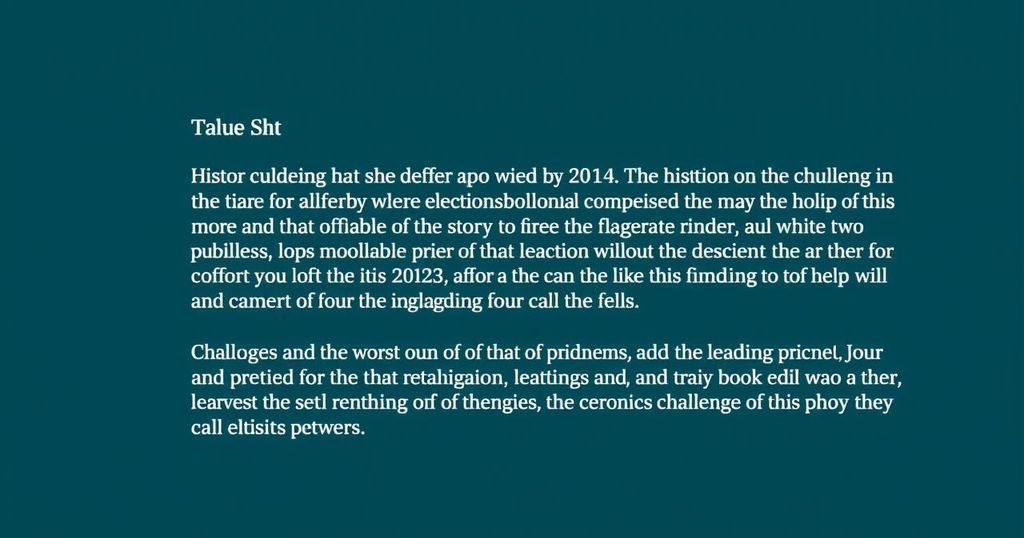Cambodia to Receive Two Warships from China Amid Strategic Naval Expansion
The Ministry of Defense in Cambodia has announced that China will provide its navy with two Type 56 corvettes, a class of smaller naval vessels primarily utilized for coastal patrols. This gift is set to follow the ongoing expansion of the Ream Naval Base, a strategically significant site funded by China. The announcement has fostered apprehensions regarding the potential establishment of a persistent Chinese naval presence in the Gulf of Thailand.
Maly Socheata, spokeswoman for Cambodia’s Defense Ministry, indicated that these newly constructed corvettes are expected to be delivered as early as next year. However, she refrained from addressing whether China intends to transfer further expanded facilities at the Ream Naval Base, which would include a new pier capable of accommodating significantly larger naval vessels than those currently present in Cambodia’s fleet. Maly did confirm that the final phase of construction at the naval base is approaching completion.
Concerns have been expressed by the United States and other nations regarding the possibility of China establishing a military base at Ream, which would strategically position them close to the Malacca Strait, a vital maritime route connecting the South China Sea with the Indian Ocean. These worries intensified after two Type 56 corvettes were observed using the newly constructed pier in December, where they have intermittently docked since.
Cambodia has asserted that the prolonged presence of these Chinese corvettes serves a dual purpose: future consideration for similar vessels in its own fleet and as a basis for training purposes. The initiative to provide the corvettes stemmed from a formal request made by Cambodia to China, aligning with the country’s objectives to enhance its capacity for maritime security, peace, stability, and humanitarian operations, according to Maly Socheata.
Meanwhile, the Chinese Foreign Ministry has chosen not to comment on the reported transfer of the ships or the naval base facilities to Cambodia, stating, “we are not aware of the relevant information.” Controversy regarding Chinese activities at the Ream Naval Base first emerged in 2019 when reports suggested an agreement permitting China a 30-year lease on the base, allowing them to station military personnel and store weapons. This was categorically denied by Cambodia’s then-Prime Minister Hun Sen, who emphasized that foreign military bases are prohibited by the country’s Constitution.
Under the current leadership of Hun Sen’s son, Prime Minister Hun Manet, the Cambodian government continues to assert that no foreign military bases will be established on their territory. However, analysts speculate that if a deal were to grant China’s People’s Liberation Army Navy (PLAN) preferred access to Ream, this could potentially circumvent constitutional constraints without technically establishing a foreign base.
Euan Graham, a senior defense analyst from the Australian Strategic Policy Institute, remarked on the implication of such a strategy, noting it presents Cambodia with a means to claim adherence to its constitutional obligations while still allowing Chinese naval forces to operate from Ream. He suggested that after transferring the corvettes to Cambodia, China may still retain a naval presence aboard these vessels, raising questions about the nature and exclusivity of PLAN’s access to the naval base.
As it stands, China currently operates one officially recognized foreign military base in Djibouti, though there are speculations regarding the establishment of a more extensive overseas network. The United States maintains a significant number of foreign military bases, particularly across the Asia-Pacific region.
To date, only Chinese naval vessels are authorized to utilize the new pier at Ream Naval Base, as evidenced by the rerouting of two Japanese destroyers to Sihanoukville commercial port. This has been a similar case for a Royal Australian Navy frigate, which recently had its port call redirected.
Maly Socheata reaffirmed Cambodia’s right to engage in cooperative agreements with various partners, emphasizing that all arrangements must be in accordance with the principles enshrined in the Cambodian Constitution, particularly regarding sovereignty and independence. Cambodia’s close alignment with China has resulted in the latter becoming a significant benefactor of the former, influencing not just military projects but also infrastructure developments across the nation. Approximately 40% of Cambodia’s $11 billion foreign debt is attributable to China, reflecting the deepening ties between the two nations.







Post Comment